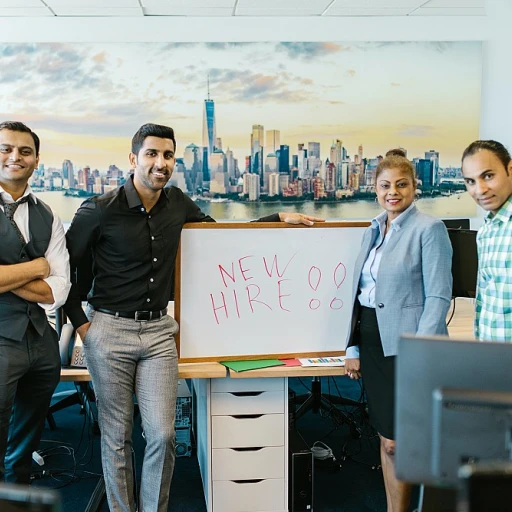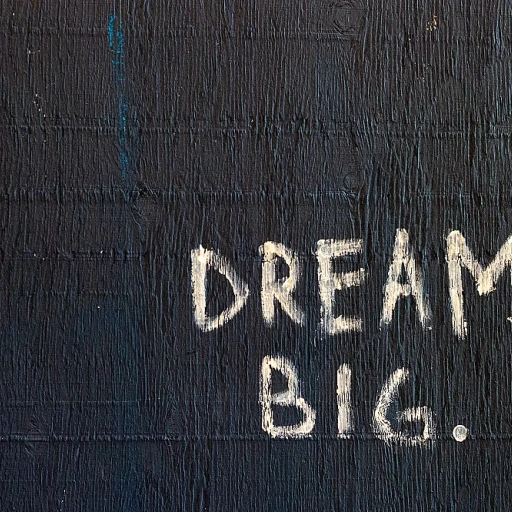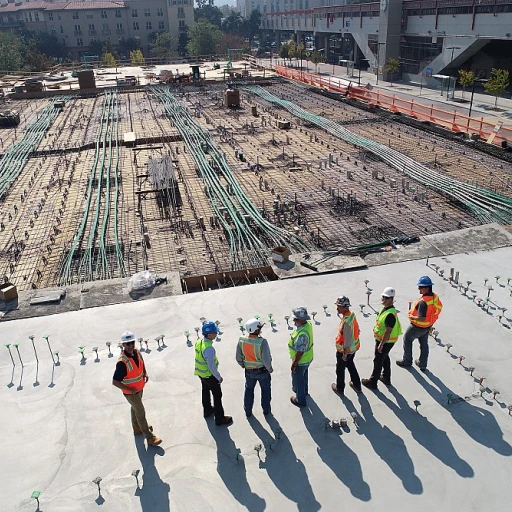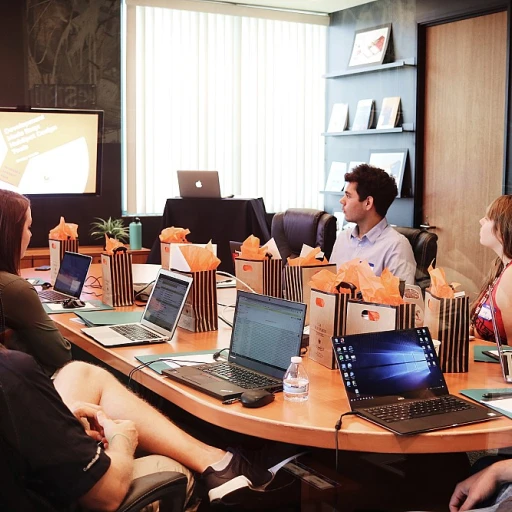
Understanding the Role and Responsibilities
{"Evaluating Job Responsibilities and Expectations
Understanding the specifics of the role and its responsibilities is crucial when considering a career transition. To ensure that you are well-prepared for the next steps, you should ask the right questions during your job interview. This will not only help you learn about the job but also demonstrate your interest and commitment to the position and the company.
- Clarifying the Job Description: Start by inquiring about the primary duties associated with the role. You might say, 'Could you describe a typical day in this position?' This question will help you gauge whether the tasks align with your skills and interests.
- Assessing Team Dynamics: It's beneficial to ask how this role fits within the broader team. A useful question is, 'Will I be working closely with other departments or teams?' Understanding these interactions can clarify the level of collaboration expected and the opportunity to learn from different people.
- Defining Success in the Role: Knowing how success is measured can offer insights into the company's priorities. A pertinent question might be, 'What does the best person in this position do differently from others?' The answer can give you an idea of the company's expectations and what they value most in their employees.
During your conversation, don’t hesitate to discuss how these responsibilities could lead to future growth opportunities within the company. Remember, good questions are tailored to uncover whether the role aligns with your career goals and if it’s a good fit for your working style. Consider checking out this guide on how to follow up effectively after your interview.
Company Culture and Values
Diving into the Company’s Core Values
Understanding the company culture and values is crucial as it reveals the kind of environment you will be working in and whether it aligns with your personal and professional beliefs. During the job interview, prepare good questions to explore this aspect:- Can you describe a typical day at this company? – This question will help paint a picture of daily operations, providing insight into what is valued in terms of workflow, collaboration, and priorities.
- How does the company support work-life balance? – Many companies claim to support work-life balance, but understanding the specifics can reveal a lot. Is flexibility built into the role, or is it more of a verbal commitment?
- What are the company's core values? – Asking the hiring manager about the company's values will help you gauge whether your principles align with the organization's culture.
- Can you give examples of how the company has lived up to its values? – Real-life examples from the interviewer will provide credibility to any claims of a strong company culture.
Opportunities for Growth and Development
Gauging Future Growth and Learning Prospects
In a job interview, one of the best ways to understand if a position aligns with your career goals is by asking questions about opportunities for growth and development. The company culture and role you are aiming for should encourage learning and advancement. Consider asking your interviewer questions such as:- "Can you share how successful employees in this role have advanced within the company?"
- "What learning and development opportunities are available to staff?"
- "How do you support continuous education and professional growth?"
Work-Life Balance and Flexibility
{"Balancing Professional and Personal Life
Navigating work-life balance can be crucial when considering a new job or career transition. During job interviews, it is important to address this aspect with interviewer questions aimed at understanding how the company values flexibility and personal time. Here are several key points to consider when discussing work-life balance and flexibility with a potential employer.
- Discuss the Company's Work-Life Philosophy: It is good to start by asking about the company's general approach to work-life balance. This question will help gauge if flexibility is part of the company culture or if long hours are the norm. A good question might be, 'How does the company prioritize work-life balance for its employees?'
- Flexible Work Arrangements: Probe into whether remote work options or flexible schedules are available within the role. You might ask, 'Can you tell me if the hiring manager is open to flexible working conditions?' These details are especially vital if you're someone who thrives with a degree of personal scheduling freedom.
- Typical Workday Expectations: Getting insight into a typical day in the position can reveal a lot about work demands. Inquire, 'What does a typical workday look like for this role?' This can unearth any excessive work-hour expectations and help you learn a lot about time management within the company.
- Time Off Policies: Learning about the time off policy is equally important. Questions about vacation and sick leave allowance can provide clarity on the value the company places on rest and recuperation. It's good to directly ask, 'What is your policy on vacation and personal days?'
It's crucial to align your personal lifestyle with the company’s expectations to avoid burnout and to ensure both professional satisfaction and personal fulfillment. Understanding how these elements coincide with other aspects, such as company culture and management style, rounds out your picture of the potential employer as detailed in other parts of this post.}













